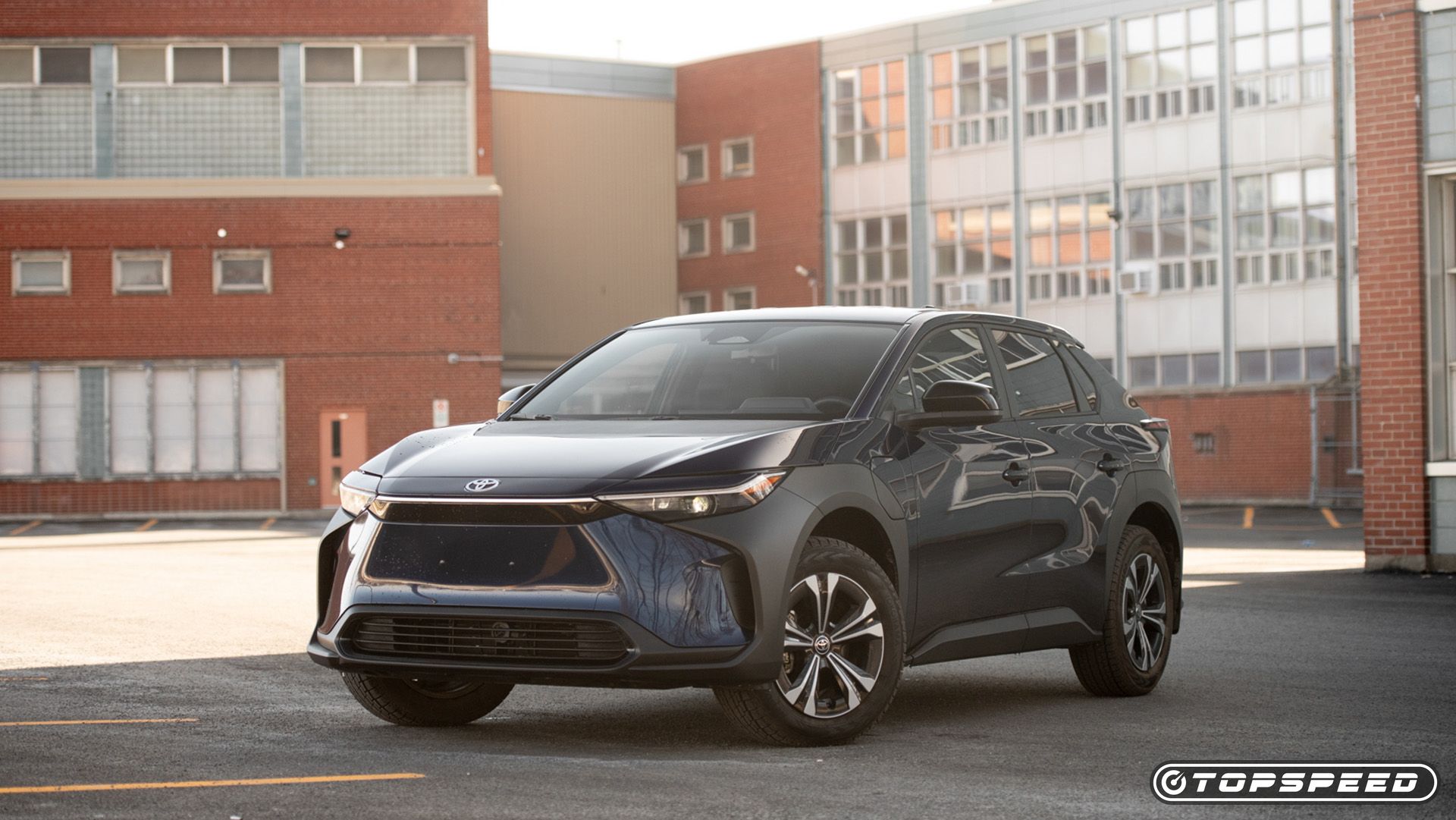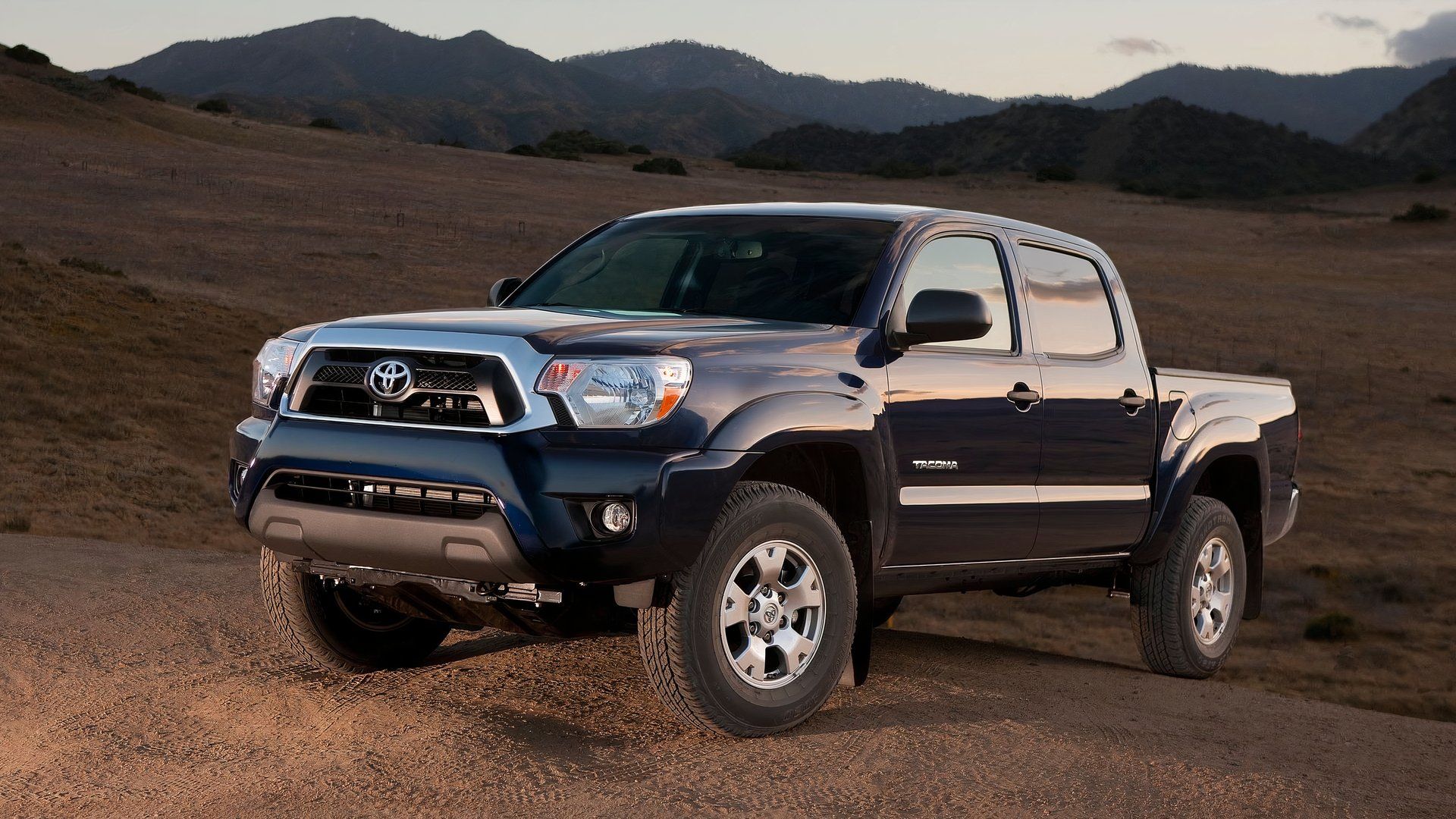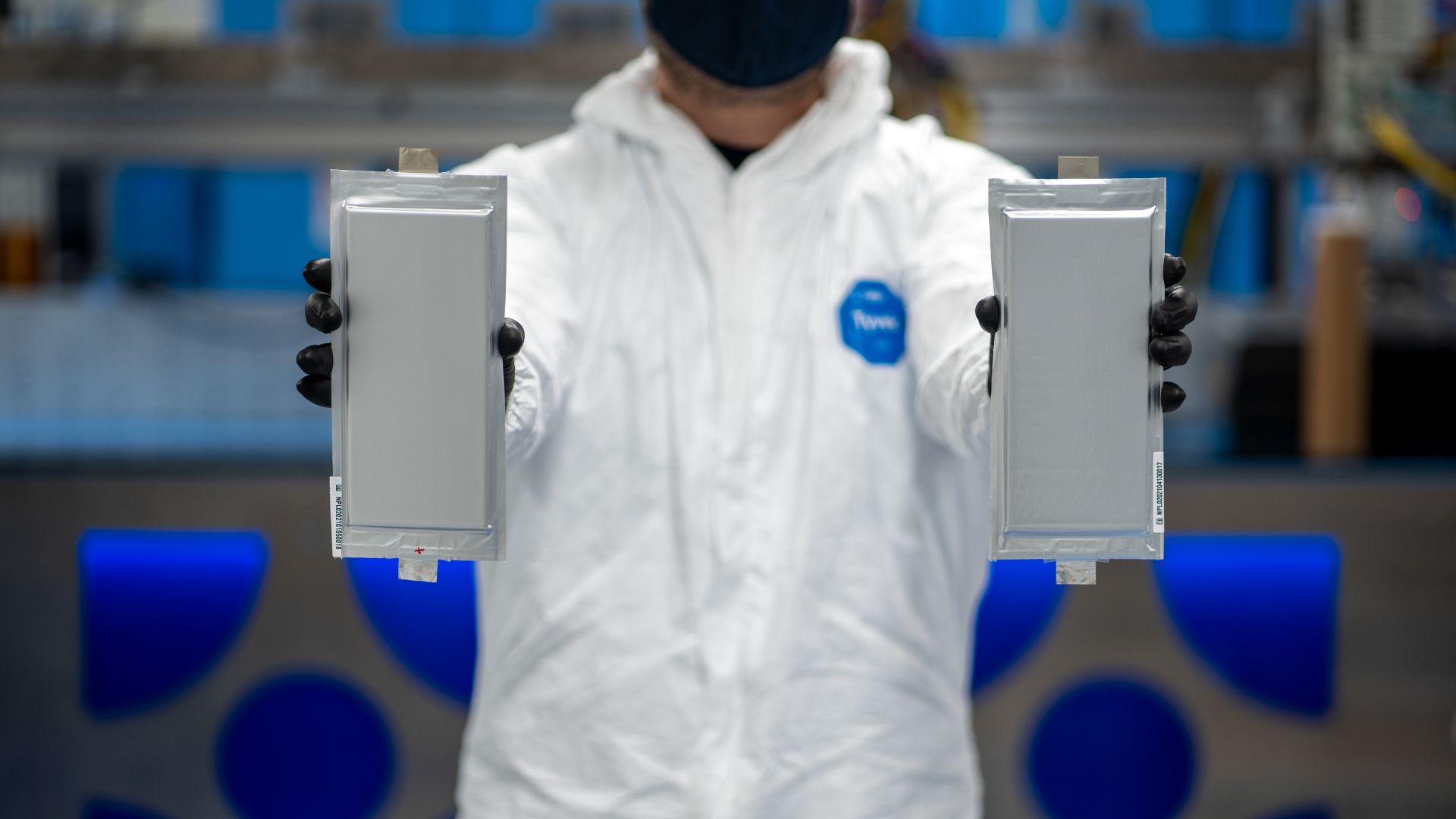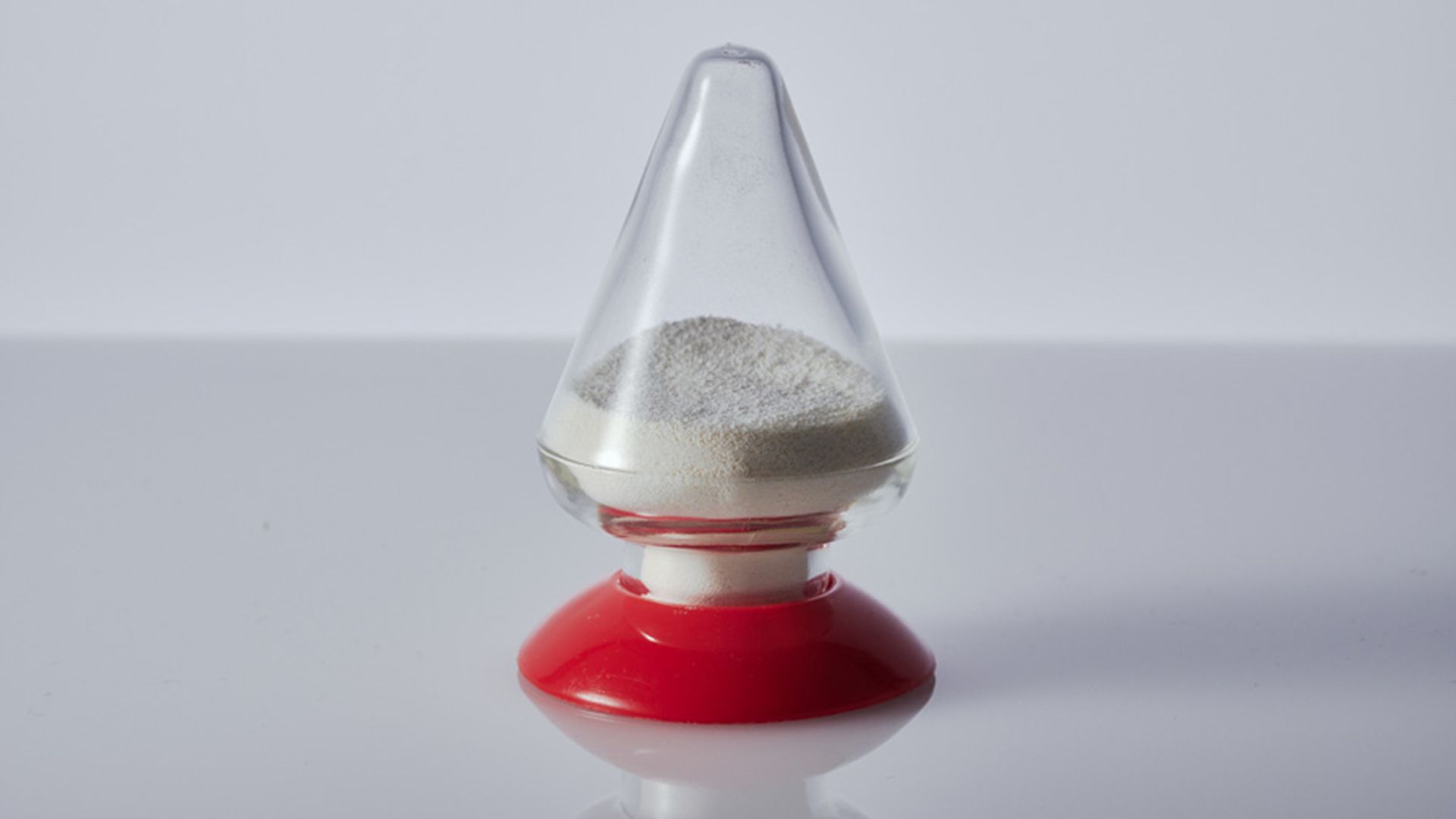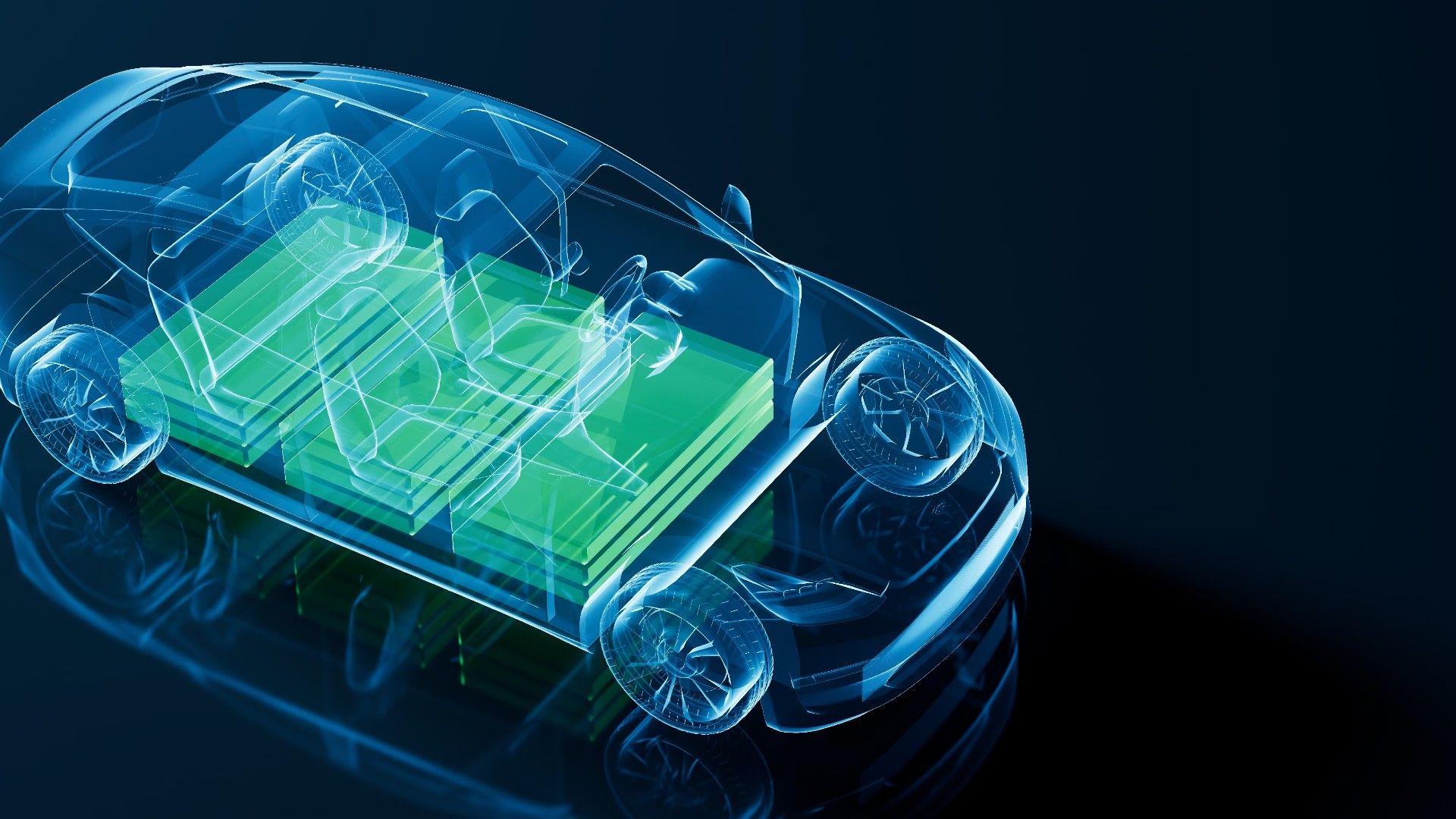The most frustrating part of EV design is the battery. They are annoyingly bulky, don’t offer the same range as a full tank of gasoline, and often weigh more than the engines they replace. Automakers have been aching to reclaim the lost interior space and weight capacity ever since electric vehicles finally went mainstream. As a result, the auto industry has put a lot of money and optimism into solid-state batteries, which (if one listens to the press releases) would get twice the range out of a battery half the size.
China has emerged as a world leader in EV development, which is a natural result of being the world’s biggest EV market. But, this automaker from Japan is threatening to take China’s spot at the top of the electrified world.
In order to give you the most up-to-date and accurate information possible, the data used to compile this article was sourced from various manufacturer websites and other authoritative sources.
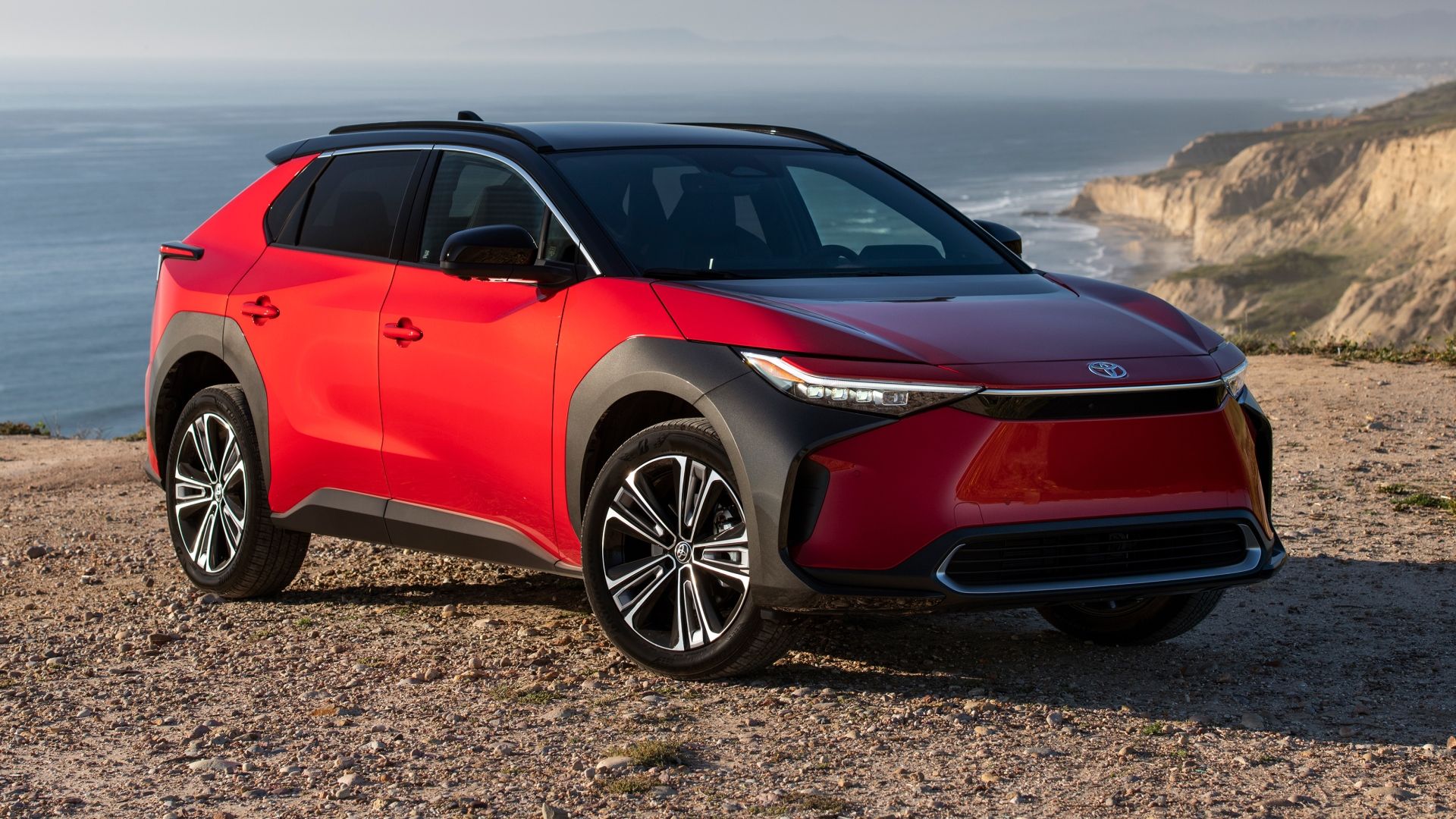
Related
The Real Story Behind Toyota’s 745-Mile Solid-State Battery
From an initial 932-mile range to a still-incredible 745 miles of juice, here’s the real story behind Toyota’s impressive solid-state battery.
Toyota Could Be The Future Leader Of EVs
- Toyota’s lackluster history with EVs makes it easy to doubt that it will be a serious contender in the future.
- Toyota has been developing new EV technology behind the scenes.
It’s easy to be skeptical of Toyota’s EVs. For years, it has looked like the company was hoping that electric cars were an inconvenient fad that would soon go away. Perhaps in a tacit acknowledgment that its EV offerings are a bit scanty, Toyota prefers to use the lookalike term “electrified vehicle” as a catch-all for its hybrids, hydrogen cars, and its lone BEV. However, away from public view, Toyota has been developing EV technology that could out it ahead of everyone else.
Toyota’s Extensive Research Prepares It For The Solid-State Future
Away from public view, Toyota has a long history of solid-state battery development. The automaker shares over 1,000 battery-related patents with fellow Japanese company Panasonic. Additionally, it has been in a partnership with petroleum company Idemitsu since 2023. While such an alliance may seem more appropriate for developing something related to gasoline, Toyota is using petroleum byproducts to synthesize its solid electrolytes.
Indeed, it looks like Toyota’s battery development is getting closer to paying off. The company has often claimed a hypothetical battery range of 745 miles. But it recently raised that number to
932 miles on a single charge
.
Toyota’s Hit-Or-Miss History With EVs
While its
all-electric version of the RAV4
seemed like a promising early stake in the EV market when first offered in 2012, Toyota discontinued it two years later. The company completely avoided the market for EVs, instead focusing on its lucrative hybrids and occasionally quixotic hydrogen cars. Toyota wouldn’t attempt another EV until it launched the bZ4X in 2022. Even then, Toyota didn’t reenter the EV market with a daring design. Instead, the
bZ4X is a competent and thoroughly inoffensive family SUV.
It must also be admitted that
Toyota has been working on solid-state batteries
for well over a decade with little to show for it. However, this can be attributed to the company’s famous reliability. Toyota has always been careful to live up to its reputation for making indestructible vehicles. (As the joke goes, the only survivors of a nuclear apocalypse would be the cockroaches and someone’s dented Corolla.) It therefore follows that Toyota would not sell any technology it had not thoroughly tested. While other companies may use their customers as unwitting beta testers, Toyota does not.

Add TopSpeed to your Google News feed.
Where Is China’s EV Industry Now?
- China is currently home to the biggest EV market in the world.
- The biggest companies in China’s EV industry, together with members of the Chinese government, have formed a consortium called CASIP to develop solid-state batteries.
- CASIP member Nio already has EVs with semi-solid state batteries available for lease.
China has become the world’s biggest EV market. Indeed, so many EV manufacturers have emerged to meet demand that there have been worried rumblings about “overcrowding.” But business is booming on EV sales lots, regardless of whether various companies’ management can withstand the next few years. A lot of Chinese EV manufacturers have taken the gush of profits and invested them in technological R&D, which is already paying off.
CASIP: The Brains Behind China’s Solid-State Batteries
In early 2024, some of the largest players in China’s EV industry united to form the China All-Solid-State Battery Collaborative Innovation Platform (CASIP for short). This consortium also includes various relevant ministries of the Chinese government. Some CASIP members that US-based automotive enthusiasts may have heard of include battery manufacturer CATL (Tesla’s former supplier) and BYD (currently the biggest EV producer in the world). In other words, CASIP unites a lot of brains and a lot of money.
Semi-Solid State Batteries: The Chinese EV Industry’s Success
CASIP member Nio has already had success with semi-solid state batteries. (For those who have never heard the term, a semi-solid state battery stores its energy in a mixture of solid and liquid electrolytes.) The company famously installed one into one of its cars and
live-streamed a 648-mile drive on a single charge
with the CEO personally taking the wheel.
Less than a year later, Nio has begun public trials of semi-solid state batteries. As is often the case with radically new vehicles (such as the Chrysler Turbine and the GM EV1), Nio is leasing rather than selling them. For the time being, semi-solid state Nios are only available on a daily lease rather than a long-term one. Nevertheless, this is the first time a semi-solid state battery has been made available to the public.

Related
Nio Becomes The First EV Maker To Bring Semi Solid-state Batteries To The Mass Market
Chinese vehicle maker Nio has just announced its solid-state EV batteries, and it will be equipped in the new ES6 SUV.
Toyota’s Long History Of Reliability
- Toyota has a long-earned reputation for some of the most reliable cars money can buy.
- Because Toyotas are known for their durability, Toyota can introduce new technologies that customers wouldn’t necessarily trust from other automakers.
- Toyota’s reputation for dependable cars has resulted in high sales volume, giving the company the financial means to thoroughly test its solid-state batteries.
Toyota’s biggest asset is its long and ongoing
history of making indestructible cars
. Used Toyotas command some of the highest prices on dealer lots because people know their newly purchased cars will spend more time on the road than on a mechanic’s lift. Such unfailing dependability only comes from careful design and testing, which is why Toyota’s technological development can seem maddeningly slow at times. But although Toyotas aren’t loaded with bleeding-edge gimmickry, they aren’t beset with failures either. This has allowed Toyota to introduce new technologies the driving public would not trust from any other manufacturer.
Toyota Has A Long History Of Understated Innovation
Automotive connoisseurs often dismiss Toyota’s lineup as “appliance cars,” and primarily respect them for the fact that they routinely reach odometer readings that other automakers can only dream of. However, Toyota has a long history of innovation. Perhaps most notably, Toyota introduced the world to hybrid cars. Although Toyota didn’t invent hybrids, it was the first company to get people to actually buy them. To this day, the
Prius is the de-facto standard-bearer for hybrid vehicles
in general. (Indeed, the Wikipedia page for hybrid vehicles uses a Prius as its top illustration.)
More recently, Toyota has near-singlehandedly launched the market for hydrogen cars. Of course, it’s easy to scoff that hydrogen cars will never take off despite Toyota’s sometimes quixotic determanation to make them catch on. But until the first freightloads of Priuses reached dealer lots, hybrid cars seemed like a wacky idea too.
Toyota Can Afford To Get SSBs Perfect Instead Of “Good Enough”
It should surprise no one that Toyota is the top seller in the world by volume as of 2023. This gives Toyota an ample financial cushion to perfect its products rather than rushing something into production before the money runs out. Toyota is taking full advantage of this in its solid-state battery development.
Optimism in Toyota’s solid-state batteries has eroded over the years, and Toyota certainly hasn’t helped matters by its near-total secrecy on the project. However, it looks like the years and patents will finally pay off. The company is building a solid-state battery factory in North Carolina which (if things remain on schedule) will be online by 2027 or 2028.
The biggest takeaway from building a factory is that Toyota has apparently figured out how to mass-produce solid-state batteries instead of making a few laboratory one-offs. Scaling up SSB production has been a fiendishly difficult problem. It’s nowhere near as straightforward as doubling or tripling a recipe.
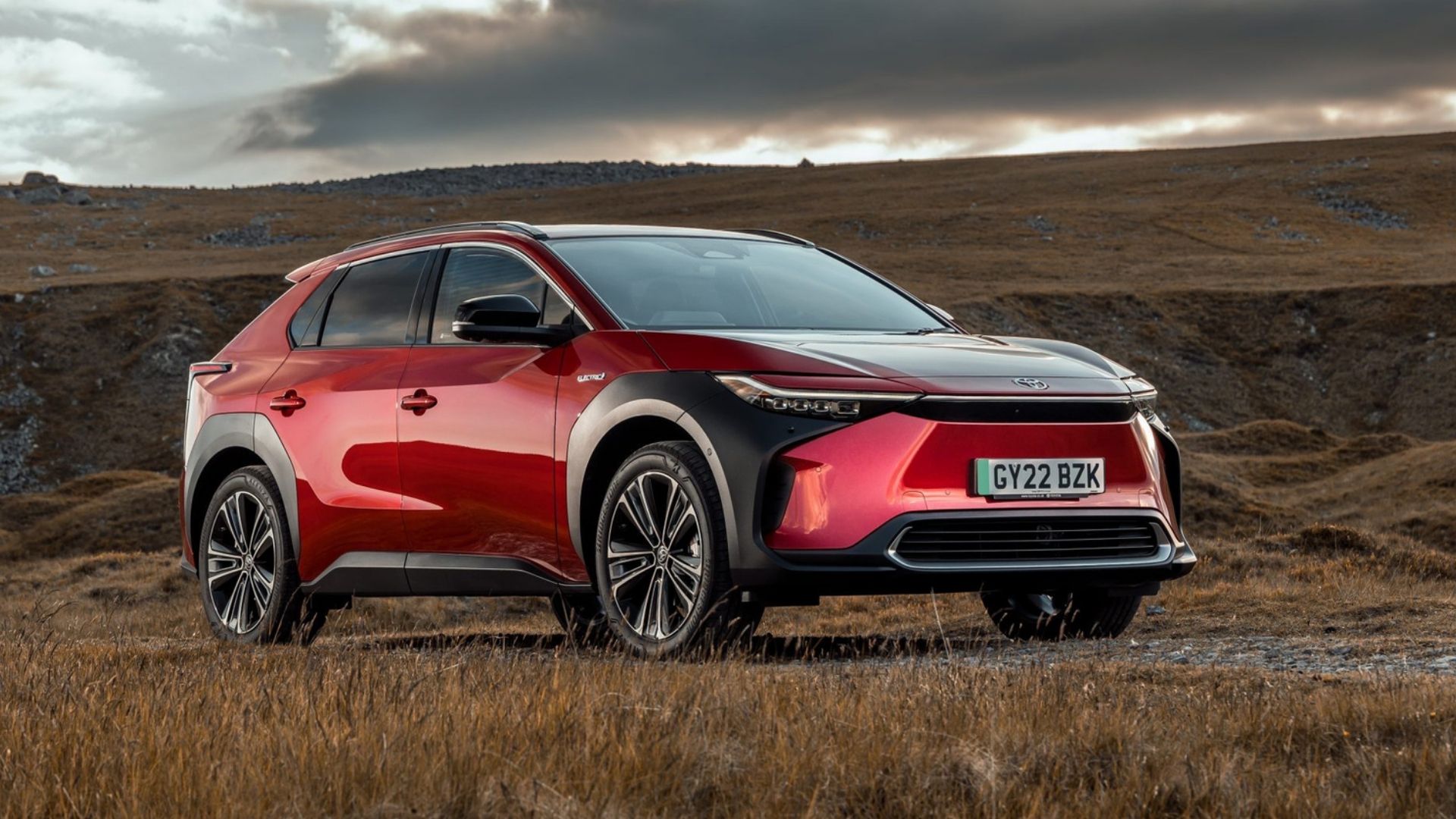
Related
The Current Status Of Toyota’s Solid State Battery Development
Toyota confirms plans to introduce solid-state batteries as soon as 2027 with up to 745 miles of range.
The Frustrating Road To Solid-State Batteries
At times, the pursuit of solid-state batteries can seem like a bigger folly than fully self-driving cars. Because of their inherent properties, the chemistry of solid-state batteries has only worked in very small devices like hearing aids. As soon as anyone tries to make an SSB large enough to power an entire car, a lot of pesky physics problems get in the way.
Even after figuring out how to produce a viable car-sized SSB, any company aspiring to be the next battery pioneer has to figure out how to crank them out in mass production. Some processes are easy to scale up, but battery production is not one of them.
SSBs Could Convince More People To “Make The Switch” To EVs
If solid-state batteries do take off, they could finally convince a lot of EV skeptics to adopt one. Polls show that the biggest objections to EVs are range and charging time. Solid-state batteries tend to take fast-charging a lot better than normal EV batteries do. (Sending a surge of electricity into batteries wears them down faster than trickle charging.) And, of course, every company announcement about SSBs, regardless of who is putting it out, gives a range estimate that surpasses any ICE vehicle with a full tank of gas. Additionally, solid-state batteries would theoretically last a lot longer than other battery types. Early testing suggests that they could easily last for the full lifetime of a car.
Toyota Would Never Put Out Half-Tested Technology
An abstract concept like “corporate reputation” cannot be reduced to a number and entered into a spreadsheet. Nevertheless, Toyota’s long and ongoing history of bulletproof cars is arguably its biggest asset. Toyota may be the reason the advice to “get a Japanese car” is practically a cliche.
With that in mind, Toyota is not about to risk losing its customers by rushing a half-tested technology to production. However, as its projected production date nears, Toyota could seize the solid-state market— just like it took over hybrids before anyone else got a chance.

